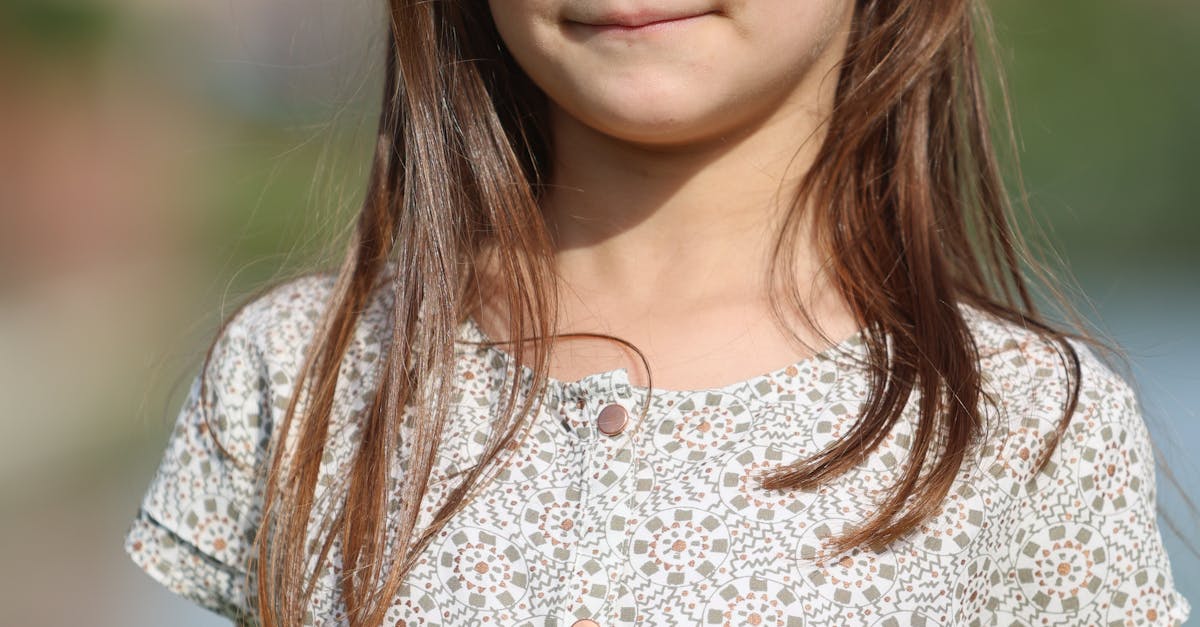
Teaching Children Responsibility and Accountability
Consequences for Actions
In order to teach children about responsibility and accountability, it is important to establish clear consequences for their actions. By setting up a system where positive behaviours are rewarded and negative behaviours are addressed with appropriate consequences, children can learn to make more thoughtful choices in their daily lives. This helps them understand the impact of their actions on themselves and others around them.
Consequences can vary depending on the situation and the severity of the behaviour. It is crucial for parents and educators to be consistent with implementing consequences to ensure that children understand the correlation between their actions and the outcomes that follow. This consistency helps children develop a sense of responsibility as they learn that every action they take has a corresponding consequence.
Learning from Mistakes
Making mistakes is a natural part of learning and growing up, especially for children. It is crucial to teach them how to embrace their mistakes as opportunities for improvement rather than failures. By encouraging children to see mistakes as stepping stones towards success, they develop a growth mindset that fosters resilience and determination.
When children make mistakes, it is important for adults to provide a supportive environment where they feel safe to acknowledge and learn from their errors. Instead of focusing on the negative consequences of mistakes, adults should guide children to reflect on what went wrong and how they can make better choices in the future. This approach helps children develop problem-solving skills and empowers them to take ownership of their actions.
Teamwork and Collaboration
Teamwork and collaboration are essential skills that children need to develop from a young age. Working together with their peers not only helps them achieve common goals but also teaches them how to communicate effectively and respectfully. When children learn to collaborate with others, they are exposed to different perspectives and ideas, which can broaden their understanding of the world around them. Through teamwork, children also learn the importance of compromising and finding mutually beneficial solutions to problems.
Encouraging teamwork and collaboration can be done through various activities such as group projects, team sports, and interactive games. These activities foster a sense of unity and cooperation among children, helping them build strong relationships with their peers. By working together towards a common objective, children learn to appreciate each other's strengths and weaknesses, thereby creating a supportive and encouraging environment for growth and development.
Sharing Responsibilities
One effective way to teach children responsibility and accountability is by involving them in sharing responsibilities within the family or classroom. Assigning age-appropriate tasks such as setting the table, feeding the family pet, or tidying up the play area can help children understand the importance of contributing to the overall well-being of the group.
When children are given the opportunity to share responsibilities, they learn to consider the needs of others and develop a sense of ownership in completing tasks. This collaborative approach not only fosters a sense of teamwork but also empowers children to take pride in their contributions, which can boost their self-esteem and confidence.
Celebrating Achievements
Acknowledging and celebrating children's achievements is crucial in fostering a sense of accomplishment and motivation. By highlighting their successes, children feel valued and encouraged to continue striving for excellence. Whether it's a good grade on a test, completing a challenging task, or demonstrating kindness towards others, celebrating these achievements reinforces positive behavior and boosts children's self-esteem.
Parents and teachers can celebrate children's achievements by praising their efforts and acknowledging their hard work. Simple gestures such as high-fives, words of affirmation, or small rewards can make a big difference in recognising and appreciating the effort children put into their accomplishments. By celebrating achievements, children learn to take pride in their work and become more motivated to tackle new challenges with confidence and determination.
Building Confidence
Building confidence in children is a crucial aspect of their development. By providing them with opportunities to succeed and acknowledging their efforts, we can help them build a strong sense of self-assurance. Encouraging children to take on new challenges and supporting them through difficulties can empower them to believe in their abilities and tackle obstacles with resilience.
Praise and positive reinforcement play a significant role in boosting children's confidence. Recognising their accomplishments, no matter how small, can instil a sense of pride and motivation in them. Additionally, creating a safe and supportive environment where children feel valued and accepted can further enhance their self-esteem and belief in their capabilities.
FAQS
How can consequences help children learn responsibility?
Consequences help children understand the impact of their actions and teach them to take responsibility for their choices.
Why is it important for children to learn from their mistakes?
Learning from mistakes helps children develop problem-solving skills and encourages them to make better choices in the future.
How can teamwork and collaboration foster a sense of responsibility in children?
Working with others teaches children to rely on each other, communicate effectively, and understand the importance of fulfilling their responsibilities within a team.
Why is sharing responsibilities important for children's development?
Sharing responsibilities teaches children to work together, be considerate of others, and understand the value of contributing to a common goal.
How can celebrating achievements help children understand accountability?
Celebrating achievements reinforces positive behaviour, encourages children to take pride in their accomplishments, and motivates them to continue demonstrating responsibility.
How does building confidence contribute to children's sense of accountability?
Building confidence empowers children to take on challenges, make decisions, and take ownership of their actions, fostering a strong sense of responsibility and accountability.
Related Links
Developing Self-Regulation Skills in KidsEncouraging Independence in Children
Empowering Children to Learn Basic Life Skills
Supporting Self-Help Skills in Children with Disabilities
Promoting Self-Care and Hygiene Habits in Children
Cultivating Time Management Skills in Kids
Building Confidence and Self-Esteem in Children